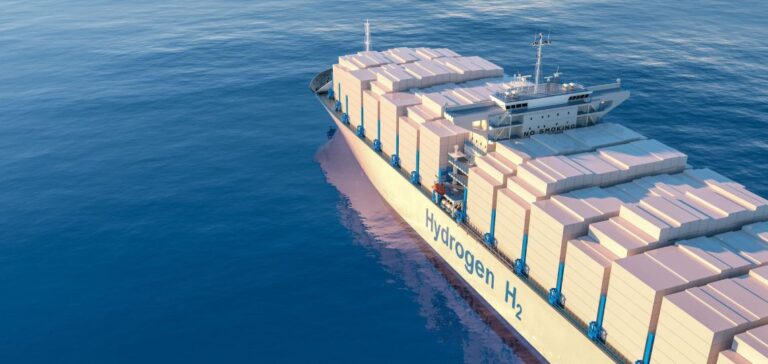A strategic hydrogen supply chain project between Australia and Japan, led by the Hydrogen Energy Supply Chain (HESC) consortium, is undergoing a critical phase due to regulatory obstacles in Australia and growing uncertainty over its economic viability. The initiative, valued at $1 billion, was originally intended to export liquid hydrogen from Victoria’s abundant lignite reserves to Japan, but local production in Japan has now been prioritised to meet the pilot phase deadline set for 2030.
Costly and uncertain energy logistics
Transporting hydrogen in liquid form requires cooling it to -253°C, a process with high operational costs. Kawasaki Heavy Industries, a key stakeholder in the project, confirmed ongoing feasibility studies despite delays in Australia. The Japanese government is currently backing the demonstration phase with ¥220bn ($1.4bn), though differing approaches with Victoria’s authorities have slowed the production component’s approval in Australia.
The government of Victoria did not respond to media inquiries. However, Australian officials have mentioned a commercial reorientation by Japan. This decision is reportedly driven by increasing opposition from environmental groups to carbon capture and storage, a technology that remains controversial.
Industrial withdrawal and technological uncertainty
Kansai Electric Power Company recently withdrew from another green hydrogen project in Australia, without commenting on the reasons. This trend has reinforced concerns about the long-term sustainability of similar projects in the Asia-Pacific region. Meanwhile, Japan continues to produce hydrogen domestically using natural gas, oil, or nuclear energy, although these operations are limited in scale.
David Cebon, Professor of Engineering at the University of Cambridge, stated that the HESC project faces substantial challenges. He emphasised the global failure of carbon capture and noted that maritime hydrogen transport could render the entire project economically unviable.
A market still under development
Japan, the world’s fifth-largest emitter of carbon dioxide, relies heavily on imports to support its energy transition. HESC aimed to cut CO2 emissions by 1.8mn tonnes annually, a modest figure compared with the 974mn tonnes emitted by Japan’s energy sector in 2022, according to the International Energy Agency (IEA).
Noe van Hulst, Hydrogen Advisor to the IEA, maintains that pilot projects are vital for developing the sector, despite the long timeframes and uncertain profitability involved. Low-carbon hydrogen development remains a strategic priority, especially for hard-to-electrify industries such as steel, maritime transport and cement.






















